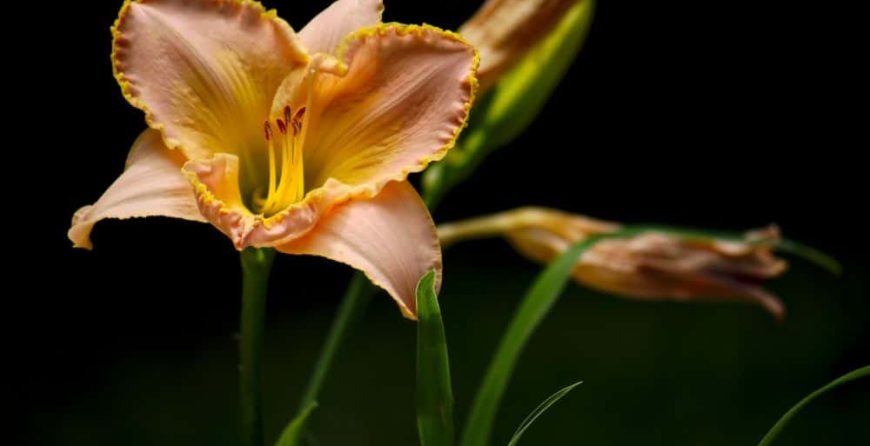Do you know that buying a plant out of curiosity, without any knowledge of it, can cause you future problems? Yes, we understand how tempting it is to buy something because of an urge, but just because it looks interesting it doesn’t mean it’s worth buying. Thus, the reason why plant labels or tags are added to these plants.
These plant labels contain important information about a specific plant. All of which helps you in narrowing down your choices and plant purchases. Ultimately, it can also be your guide for saving more.
So, what should you look for when buying a plant? Here are the details:
-
Botanical name
This indicates the name of the plant you’re about to buy. For annual plants, the botanical name may not be that important. While for perennials, taking note of it will help you in case a problem arises. It’ll be easier for you to ask for advice if you know the botanical name of your plant.
-
Hardiness zone
The hardiness zone helps you determine the chances of growth and survival rate of a plant in certain areas. This comes differently for each plant.
For perennial plants, if the hardiness rate is zone 5 or lower, it means that the plant can survive winter.
For annuals, the winter hardiness does not matter for plants that bloom for one summer season and then dies.
-
Sun or shade tolerance
There are many plants needing the sun to continuously live and make their food, i.e., Iris, Daylilies, Peonies, Roses, Geraniums to name a few. But not all plants would love complete sunshine.
Hosta’s prefer lots of shade, but can be somewhat tolerant of the sun, but it’s mostly those that are much lighter green as opposed to those that are darker green. So, it is important to be aware of the amount of shade or sun your plant will need in order to survive.
-
Spacing
This indicates the recommended distance of the specific plant from another plant. It generally depends on how wide the plant will be when they reach maturity. You’ll find this useful especially when you are planning your garden.
-
Price
This, of course, is one valuable aspect before any purchase. But don’t be fooled into thinking that the most expensive plant will be the best choice for you. Rather, do a bit of research to know which plant will suit your garden or home the best.
Be sure to take a little time to do some research about the plants before making that purchase, while considering these five factors we have presented.
Do you need help finding the right plant markers for your plants? You can read more about our two choices – markers made with our proprietary blend of BioComposites or the plant-based biodegradable markers at https://mcgbiomarkers.com/.
Happy hunting!


